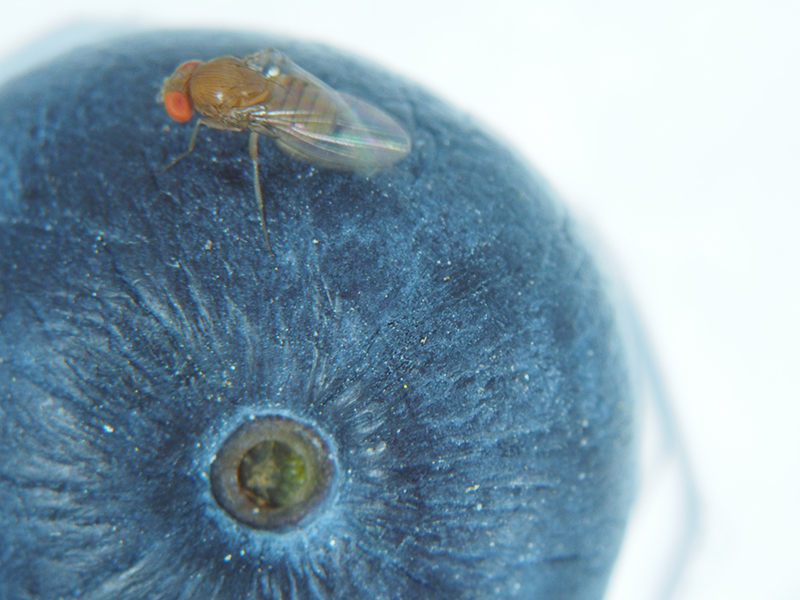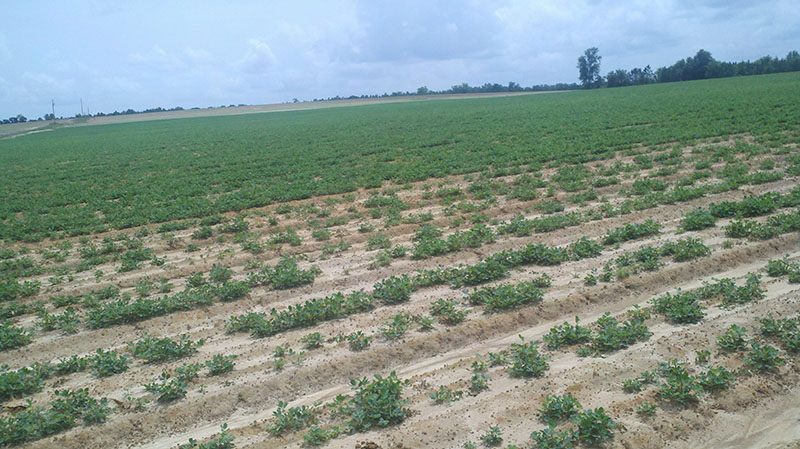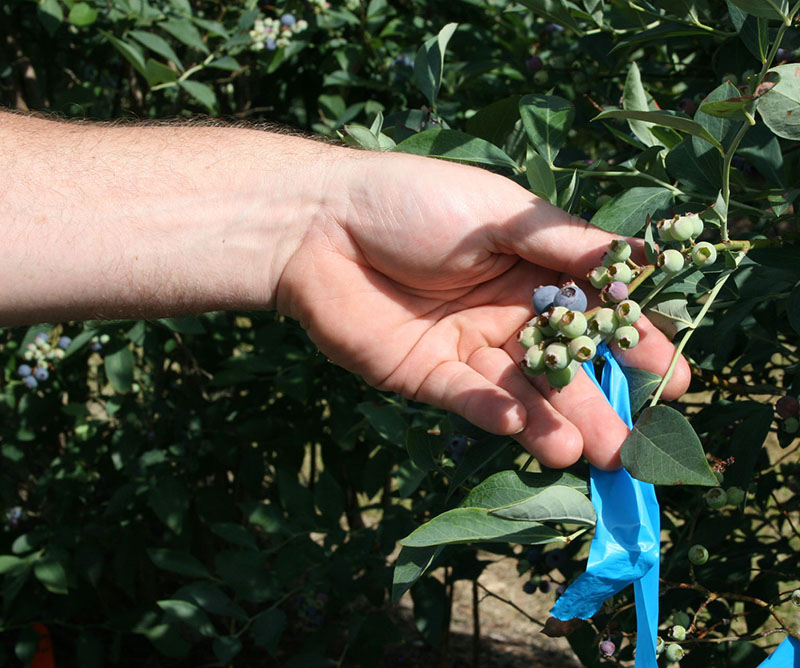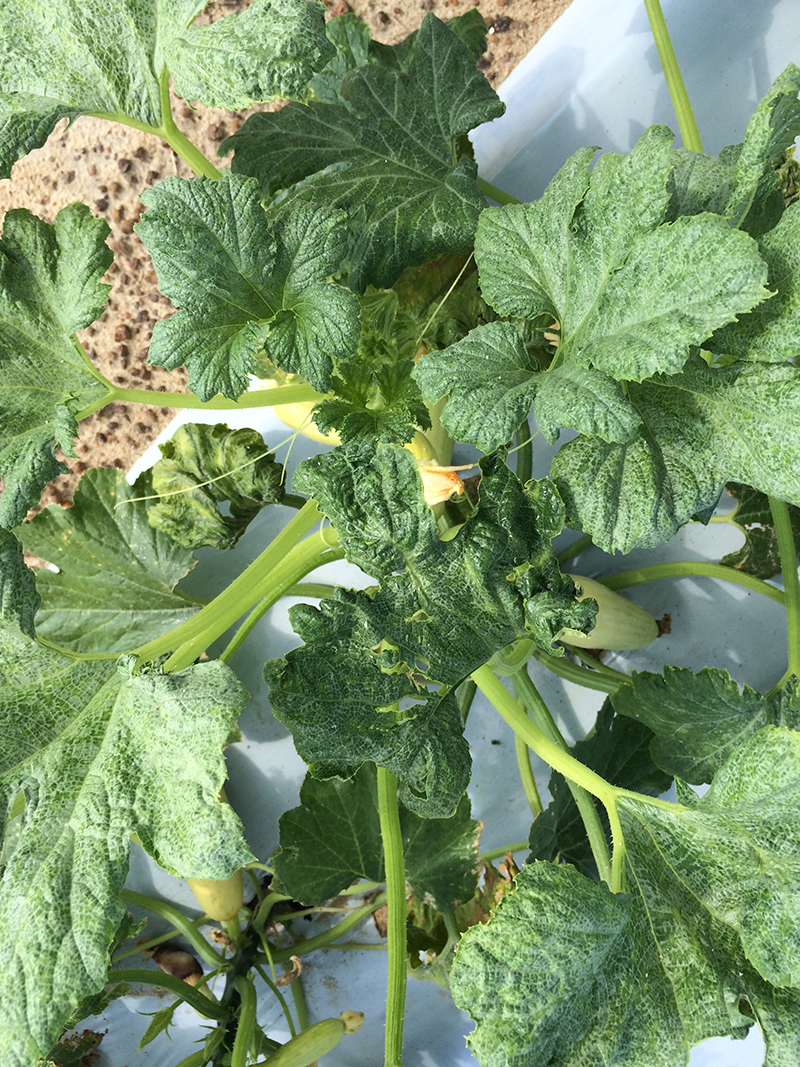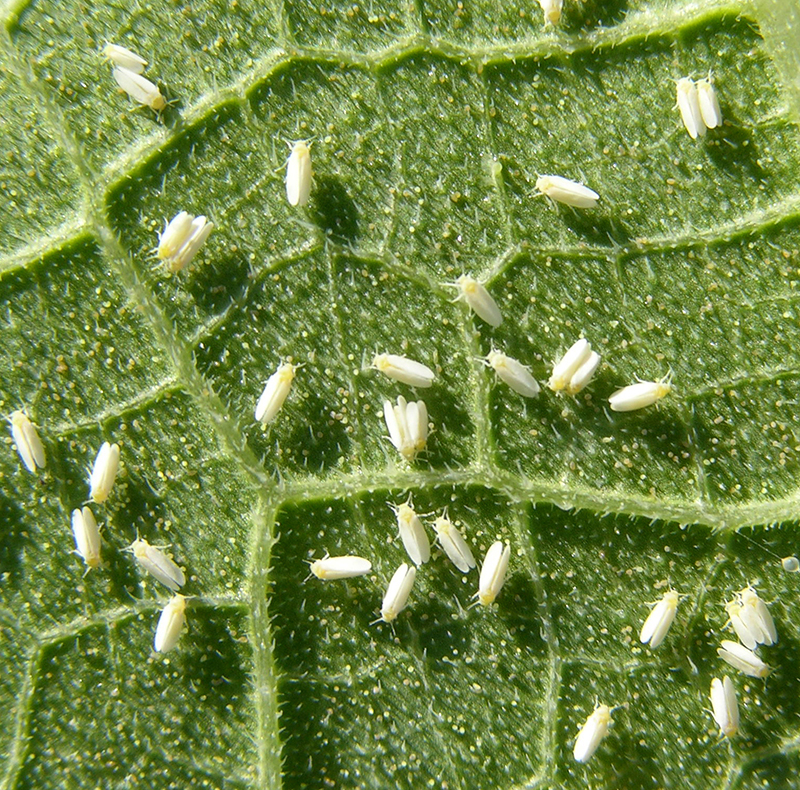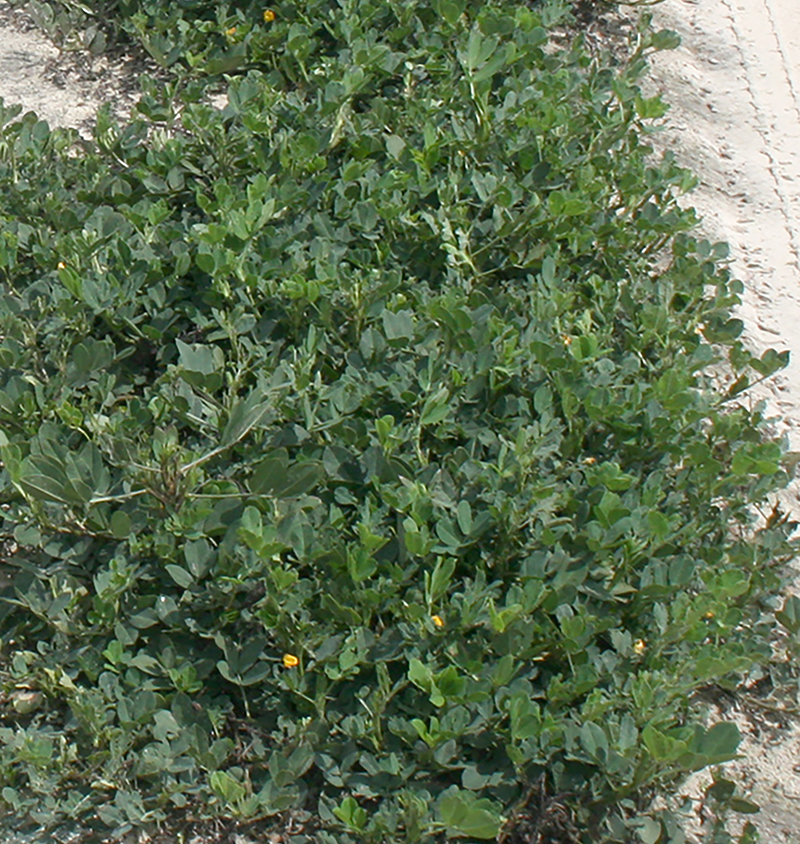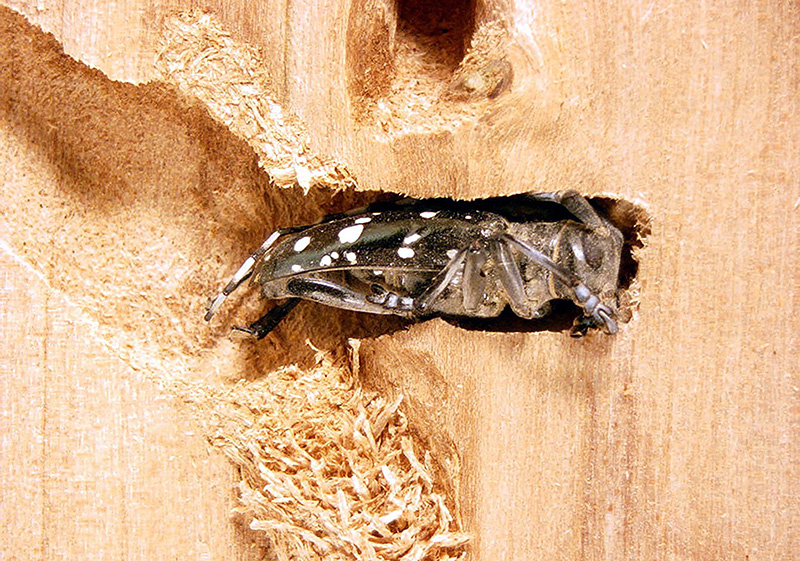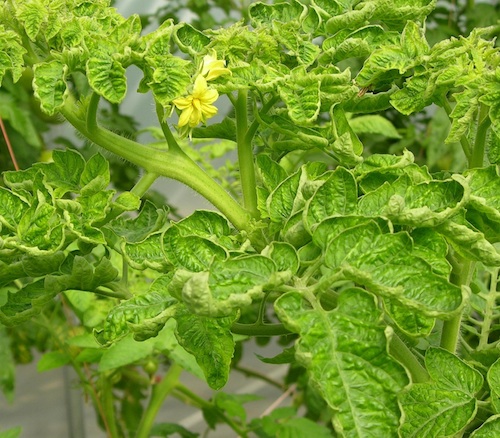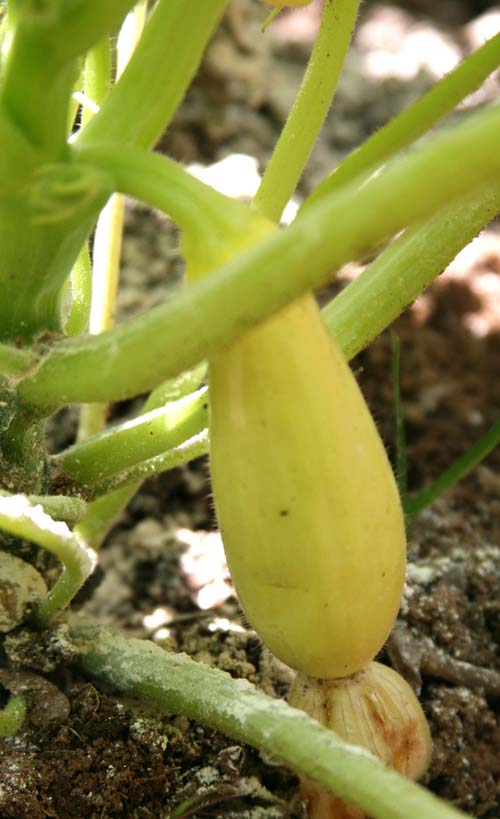 CAES News
CAES News
Pesticide Safety
Hundreds of people get sick each year from inappropriate pesticide use, but those who don’t deal with pesticides daily may not think about it very often. Of the 11 states participating in the Centers for Disease Control and Prevention’s (CDC) pesticide safety program, workers reported 853 serious injuries from pesticides in 2011, according to the CDC.

